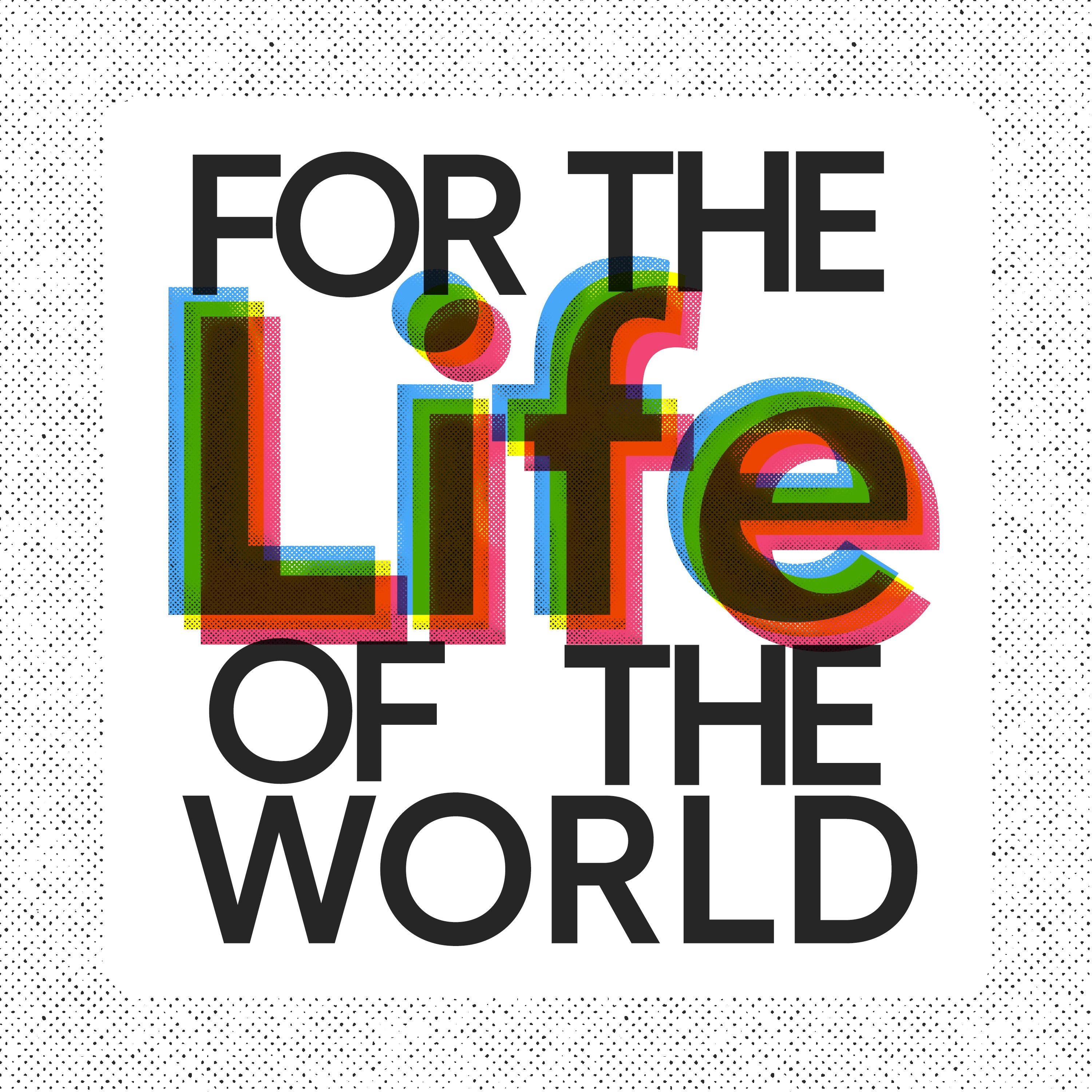- After-Shows
- Alternative
- Animals
- Animation
- Arts
- Astronomy
- Automotive
- Aviation
- Baseball
- Basketball
- Beauty
- Books
- Buddhism
- Business
- Careers
- Chemistry
- Christianity
- Climate
- Comedy
- Commentary
- Courses
- Crafts
- Cricket
- Cryptocurrency
- Culture
- Daily
- Design
- Documentary
- Drama
- Earth
- Education
- Entertainment
- Entrepreneurship
- Family
- Fantasy
- Fashion
- Fiction
- Film
- Fitness
- Food
- Football
- Games
- Garden
- Golf
- Government
- Health
- Hinduism
- History
- Hobbies
- Hockey
- Home
- How-To
- Improv
- Interviews
- Investing
- Islam
- Journals
- Judaism
- Kids
- Language
- Learning
- Leisure
- Life
- Management
- Manga
- Marketing
- Mathematics
- Medicine
- Mental
- Music
- Natural
- Nature
- News
- Non-Profit
- Nutrition
- Parenting
- Performing
- Personal
- Pets
- Philosophy
- Physics
- Places
- Politics
- Relationships
- Religion
- Reviews
- Role-Playing
- Rugby
- Running
- Science
- Self-Improvement
- Sexuality
- Soccer
- Social
- Society
- Spirituality
- Sports
- Stand-Up
- Stories
- Swimming
- TV
- Tabletop
- Technology
- Tennis
- Travel
- True Crime
- Episode-Games
- Visual
- Volleyball
- Weather
- Wilderness
- Wrestling
- Other
Human Uniqueness & the Imago Dei: Clues for Flourishing in Our Biological Niche / Justin Barrett on Bringing Psychology to Theology
We homo sapiens sapiens are “fearfully and wonderfully made,” but why? What’s so special about being human? What makes us unique? And can we equate our uniqueness in the world with the Imago Dei? Experimental psychologist and cognitive scientist Justin Barrett joins Evan Rosa to discuss the image of God as a blueprint for each of us as individuals; human uniqueness as a theological and psychological category; the place of homo sapiens among other species; uniquely human capacities, such as executive function, hypersociality, and acquisition of specialized knowledge; the human biological niche construction—or changing the environment—and how our psychological traits factor; the psychological and biological underpinnings of human culture and the problem of creating cities; and how human technology interacts with our biological niche. This episode was made possible in part by the generous support of Blueprint 1543. For more information, visit Blueprint1543.org.Show NotesLearn more about bringing psychology to theology at Blueprint1543.org.Download your copy of Justin Barrett’s A Psychological Science Primer for Theologians (2022)TheoPsych AcademyPsalm 139: 13-14<br />13 For it was you who formed my inward parts; you knit me together in my mother’s womb. 14 I praise you, for I am fearfully and wonderfully made. Wonderful are your works; that I know very well.Genesis 1:1-31<br />26 Then God said, ‘Let us make humankind in our image, according to our likeness; and let them have dominion over the fish of the sea, and over the birds of the air, and over the cattle, and over all the wild animals of the earth, and over every creeping thing that creeps upon the earth.’ <br />27 So God created humankind in his image,<br /> in the image of God he created them;<br /> male and female he created them.<br />28 God blessed them, and God said to them, ‘Be fruitful and multiply, and fill the earth and subdue it; and have dominion over the fish of the sea and over the birds of the air and over every living thing that moves upon the earth.’ 29 God said, ‘See, I have given you every plant yielding seed that is upon the face of all the earth, and every tree with seed in its fruit; you shall have them for food. 30 And to every beast of the earth, and to every bird of the air, and to everything that creeps on the earth, everything that has the breath of life, I have given every green plant for food.’ And it was so. 31 God saw everything that he had made, and indeed, it was very good. And there was evening and there was morning, the sixth day.The image of God as a blueprint for each of us as individualsNicholas Wolterstorff’s conception of the Imago Dei in Justice: Rights & Wrongs.Some varieties of understanding what about us makes us imagebearers, according to scriptureHuman uniqueness as a theological and psychological categoryConsidering the place of homo sapiens among other speciesUniquely human capacities, such as executive functions of the brain, sense of self, self-regulation and awarenessHuman hypersociality and relationality, and our interpersonal theory of mindAttachment as an evolved biological functionThe intellectual capacities for acquiring specialized knowledge like how to use fire, cook, and teach each otherThe human biological niche construction—or changing the environment—and how our psychological traits factorThe psychological and biological underpinnings of human culture and the problem of creating citiesHow human technology interacts with our biological nicheDr. Ian Mal

